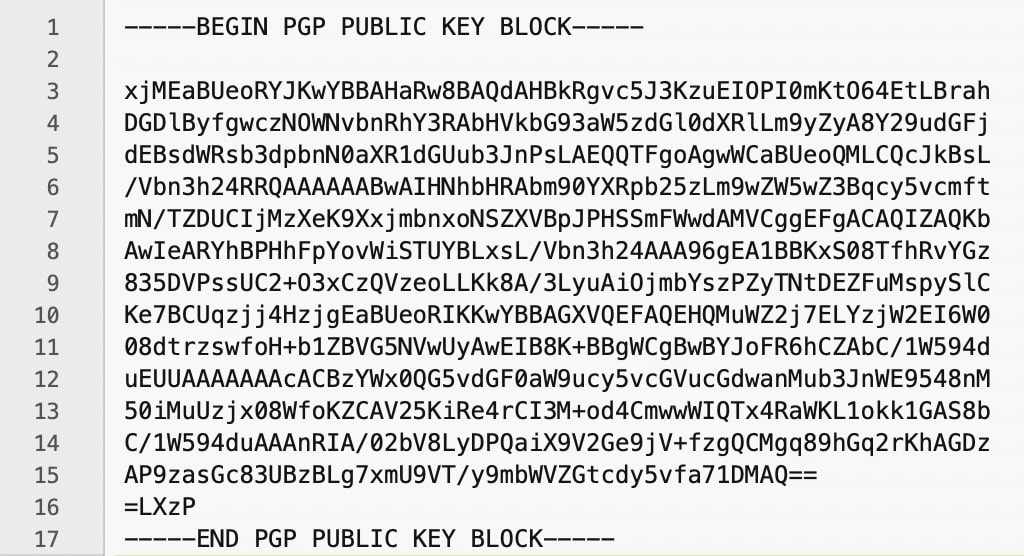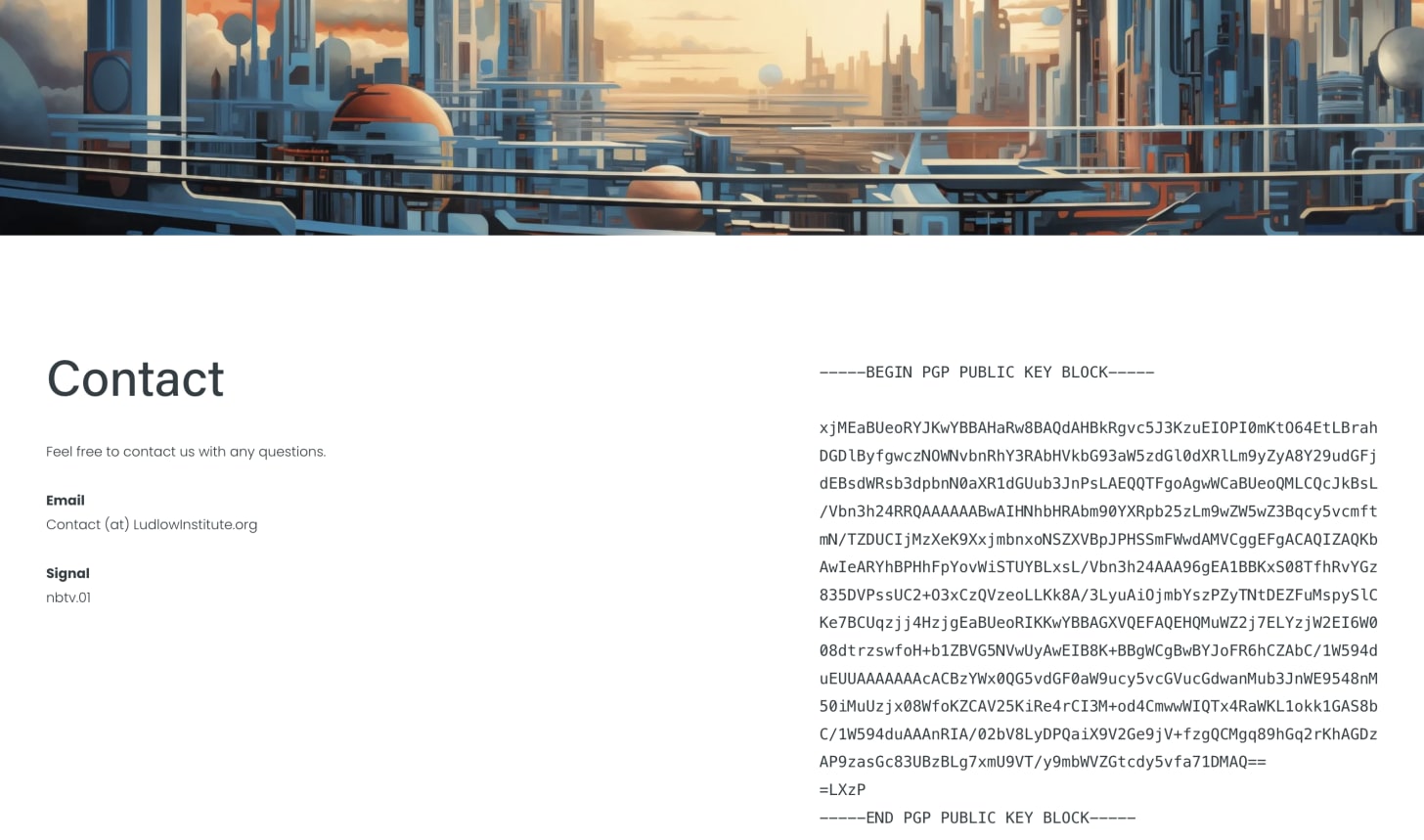I just interviewed an activist from Bahrain, and she told me that by the nature of her work and threat model, she's lost many friendships. Her communication is highly sensitive, and she guards it as a matter of safety. But there are some people in her life who just refuse to use secure platforms when they talk with her. The conversation might not be about anything sensitive—they might just be old school friends. But by sending her messages on insecure platforms, they are revealing information to adversaries that might actually put her life in danger. So she's had to cut many friendships as a result.
We live in a world where sharing has become second nature. We post our thoughts on social media, send quick texts without a second thought, and freely hand over personal information for the sake of convenience. Many of us shrug and say, "I have nothing to hide." But it’s important to stop to consider that our privacy choices don't just affect us—they impact those around us too.
Think about it. When you send a text message via an insecure platform like SMS, you weaken the privacy of the person in that conversation with you too. Maybe your friend is cautious about their digital footprint, or perhaps they have concerns you're unaware of. Perhaps you’re linking them to content they might prefer to keep private. By using unsecured channels, you might be exposing them to risks they never agreed to take.
It's easy to dismiss privacy concerns as paranoia or the realm of those with "something to hide." But privacy isn't just about secrets. It's about control over personal information and respecting others' preferences and boundaries.
Consider the concept of the social graph—the network of relationships and interactions that map out our social connections. Companies and governments use this data to analyze behavior, predict trends, and market products to us. But it's not just about selling us things; it's also about shaping how we think and what we believe. By analyzing our connections, entities can target us with specific information or propaganda to influence our opinions, decisions, and even voting patterns.
When you're carefree with your interactions, whether on public platforms or through insecure private messaging apps, you're not just putting yourself on this map; you're involving everyone you engage with. Your actions help create a detailed web that includes your friends, family, and colleagues. Tagging people in photos, mentioning them in posts, or messaging them on unsecured platforms can link others to ideas, beliefs, or movements that they might not want to be publicly connected with. Choosing to use platforms where these interactions are tracked, monitored, or potentially exposed can have unintended consequences, revealing personal affiliations and potentially impacting the lives of those around us.
The reality is that we don't truly know what someone else's threat model is, what risks they're facing, or what social circles might make them an unwitting target. So when people reveal their privacy preferences, you should listen.
We often forget that in the digital age, we're all interconnected. Your decision to overshare or to use less secure communication doesn't exist in a vacuum. It can have real consequences for others. Maybe your coworker doesn't want their association with a particular topic or group to be public knowledge. Perhaps a friend is trying to keep a low profile for personal or professional reasons.
So what's the solution?
Awareness and mindfulness. Before you hit 'send' on that message or 'post' on that update, consider who else might be affected. Use secure communication methods when sharing sensitive information. Respect others' wishes when they express concerns about privacy.
By embracing end-to-end encrypted platforms, we allow others to speak freely and be their authentic selves without fear of surveillance or data collection. Secure communication channels enable open dialogue, letting everyone explore ideas and express thoughts without feeling repressed. When we choose these platforms, we not only protect our own privacy but also create a safe space for those we interact with to be genuine and honest. It's a simple switch that empowers all of us to connect more meaningfully.
We don't have to live off the grid or become hermits to protect ourselves and others. A little thoughtfulness goes a long way. By being mindful of how our actions impact those around us, we foster a culture that values and protects everyone's right to privacy.
In the end, it's not just about guarding our own information but about respecting the autonomy and preferences of others. Let's remember that our digital choices ripple out in ways we might not immediately see. Your privacy practices matter—not just to you, but to everyone you connect with.
Naomi Brockwell








